Recent Blogs
Your Guide to Buying an Electric Surfboard
April 9, 2024
Our Favorite Inflatable Docks & Floating Cabanas
February 19, 2024
Understanding Boat Trade in Values
February 19, 2024
Archives
Categories
- Everything Else (30)
- Apparel (9)
- Boating (201)
- Boat Show (5)
- Yacht Tenders (13)
- Charity (1)
- SUP (10)
- Customer Service (1)
- Yacht Toys (9)
- Events (3)
- Places (1)
- Fishing (30)
- Kayak Modding (1)
- Marine Training (1)
- Land Toys (0)
- Watersports (2)
- Amphibious (1)
- Toys (5)
- Submersible (1)
- Propane Gas Engines (2)
- Kayak Fishing (6)
- Diving (1)
- Docks (2)
- Boat Accessories (4)
- Safety (3)
- Kayaking (14)
- New products (3)
- Boat Service (2)
- Engines (34)
- Sailing (1)
- Yacht Brokerage (1)
- Brokerage (2)
- Kayak (1)
Aluminum Hulls vs. Fiberglass Hulls
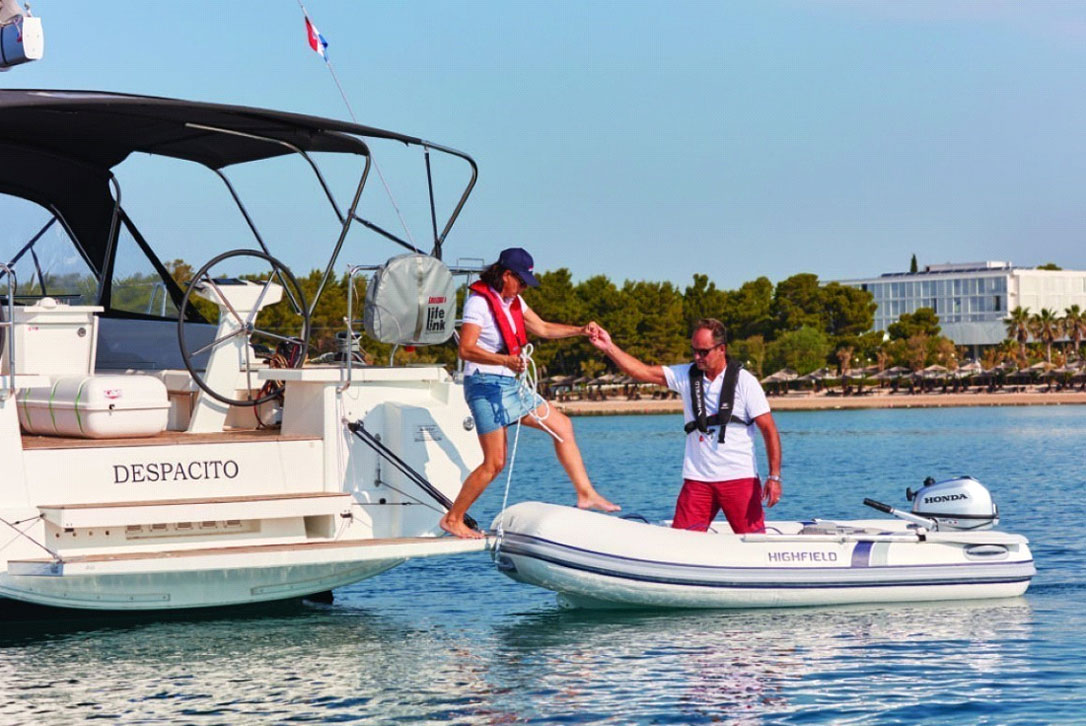
Inflatable yacht tenders come in all shapes and sizes intended for use with a variety of different yacht programs. With so many options on the market, it can be overwhelming for yacht owners and captains to decide which make and model to purchase for their yacht. That decision will primarily be driven by the intended use of the vessel and performance requirements. The initial decision to make will be to choose fiberglass or aluminum hull construction.
Aluminum - the pros
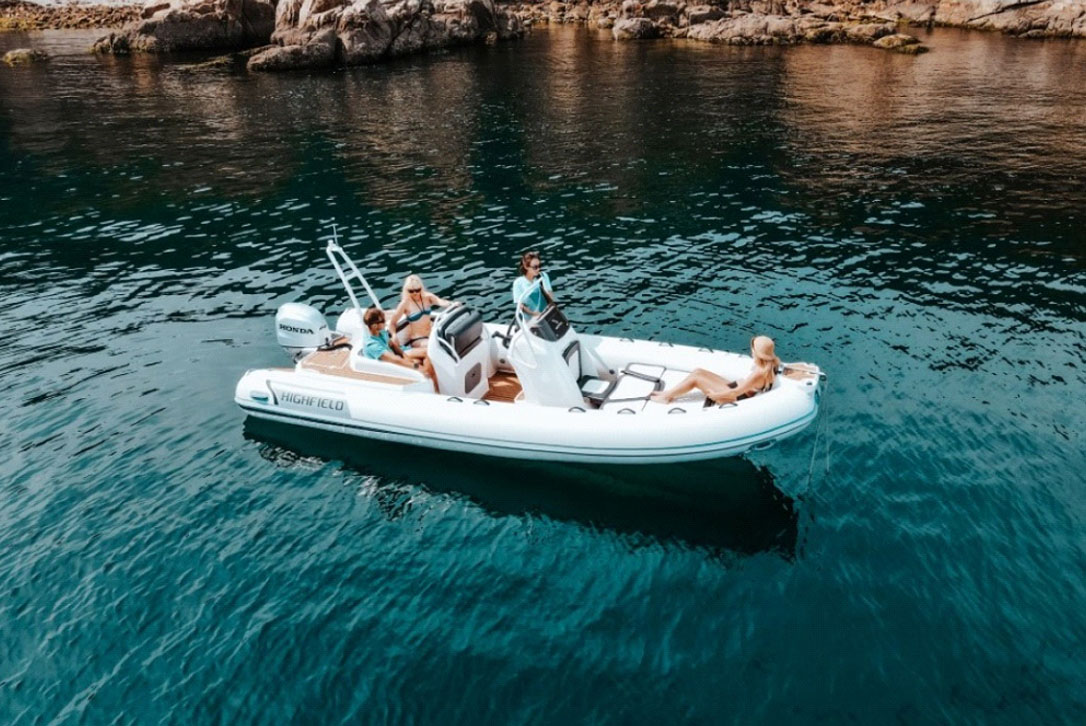
Aluminum-hulled tenders are hugely popular for several reasons. These boats offer high durability and can be beached or put on a trailer without the worry of damage. A yacht that frequently visits the beach would benefit from such a tender. Additionally, aluminum tenders can be very cost-effective without sacrificing performance or style.
Sailboats and catamarans that have weight restrictions frequently opt for aluminum-hulled tenders. These tenders are incredibly lightweight but still offer the performance and reliability required by busy boats.
While luxury yacht charters may be concerned about the style and finishes of aluminum tenders, many modern aluminum tenders are available with high-end finishes. For example, the Highfield Sport line is built with diamond-stitch upholstery, an ergonomic helm, faux teak foam deck pads, stowable sunbeds, and even carbon fiber finishes. For those who want an efficient ship-to-shore boat to pick up provisions or head to the marina tiki bar, Highfield also offers timelessly sensible designs on their Ultralite and Classic models.
Fiberglass - the pros
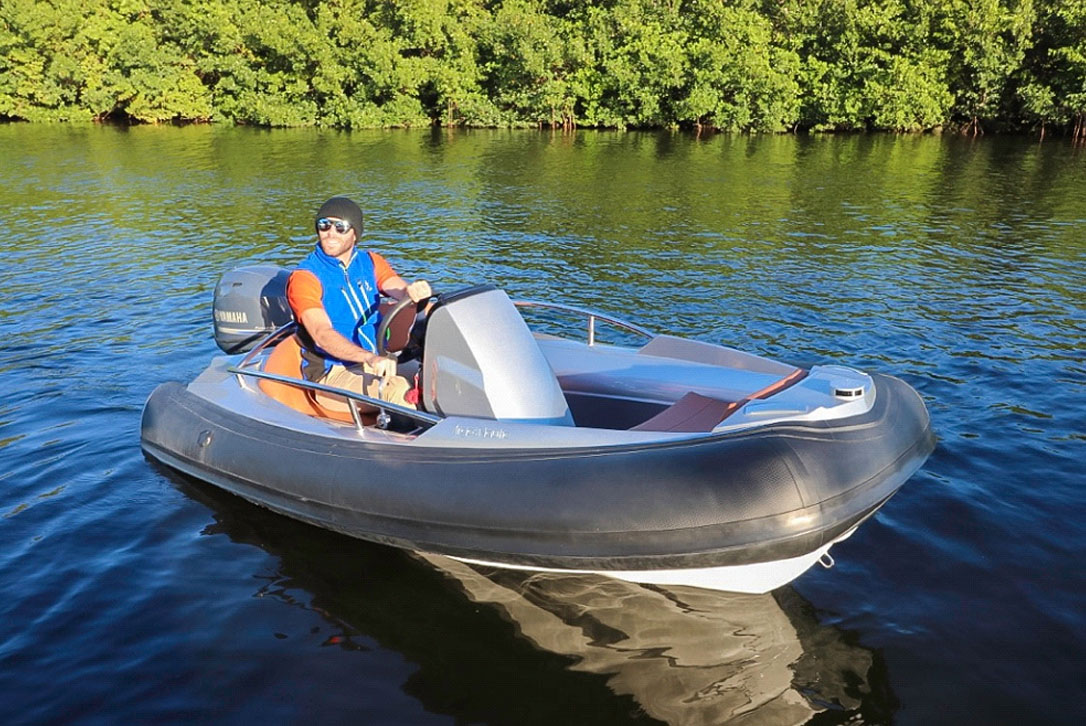
Fiberglass-hulled tenders are widely available, with a range of different sizes, styles, and customization options available. As long as weight restrictions are not of issue, there are no limits to finding exactly what you need in a fiberglass tender. The market is loaded with basic efficient models as well as luxury manufacturers, like Argos Nautic and Northstar.
Fiberglass tenders deliver an incredible performance. These hulls are very rigid and a bit heavier, making them quick to plane. Generally, a fiberglass tender will cut through chop efficiently and provide a comfortable ride to passengers, making such a boat ideal for a yacht charter program that transports guests frequently. Plus, due to their efficiency, there is very little difference in fuel consumption, despite the added weight when compared to an aluminum tender.
Making the final decision
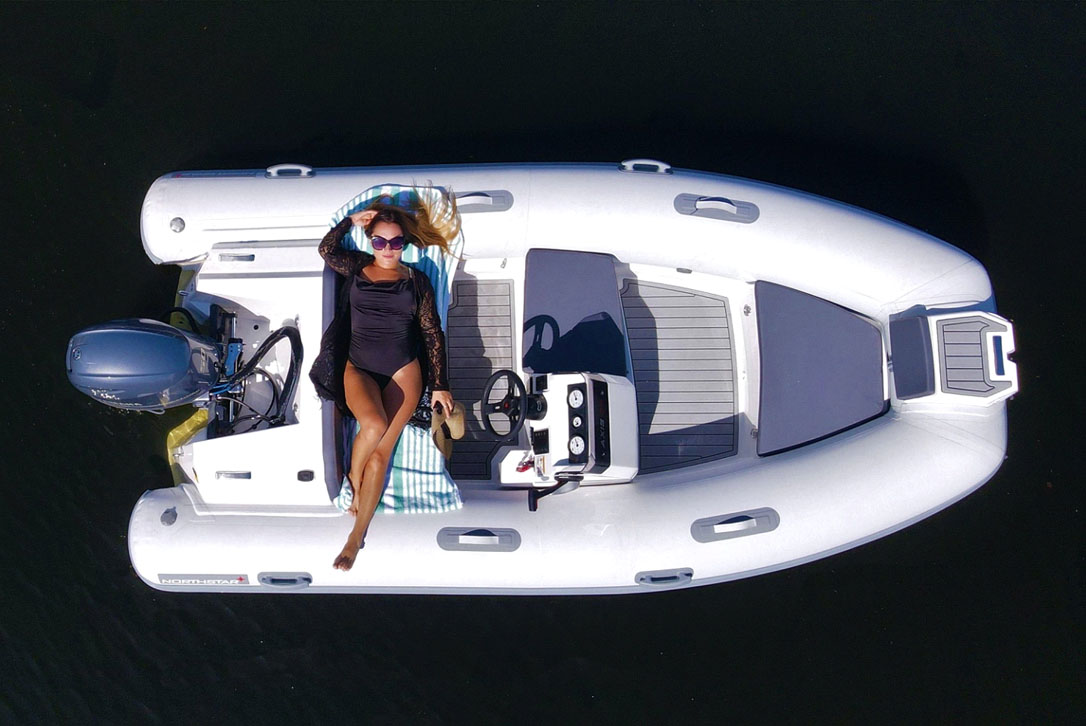
With so many manufacturers on the market, yachties and sailors may feel a bit paralyzed when selecting a tender for their program. Truly analyze your specific needs when deciding on hull construction and material. When it comes down to it, a busy yacht program that frequently beaches their boat will require an aluminum hull. Additionally, sailors with limited weight capacity on their ship or sailing catamaran will benefit greatly from aluminum.
Yachts that don’t need to worry about weight restrictions will most likely opt for a fiberglass tender. Although slightly more susceptible to damage, fiberglass is relatively easy to maintain and will deliver an incredible performance. This makes these boats ideal for operations when transporting guests.
With five locations across Florida, Nautical Ventures offers an extensive line of aluminum and fiberglass tenders. Allow your go-to people for fun on the water to help you find the perfect tender for your yacht, sailboat, or catamaran!





Sign up for Nautical Ventures EMAIL UPDATES & PROMOTIONS


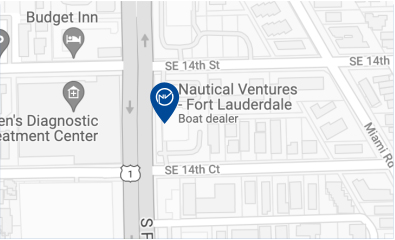



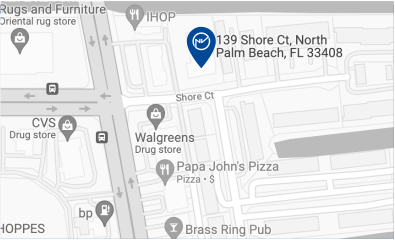

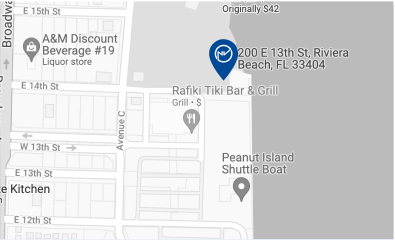

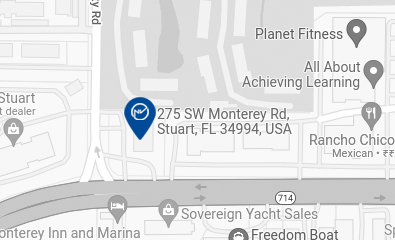

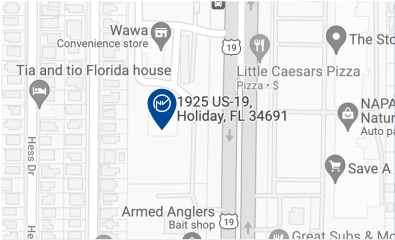

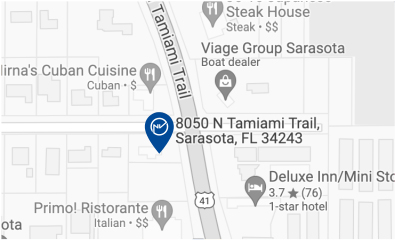



Comments